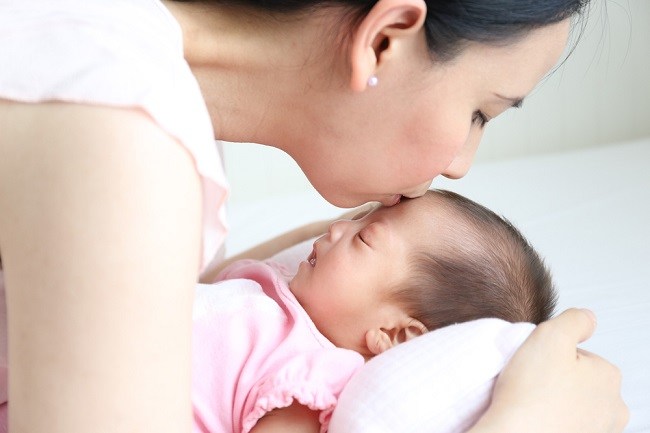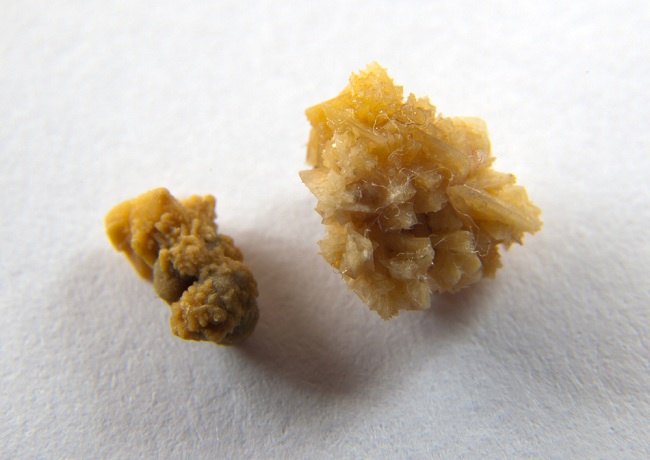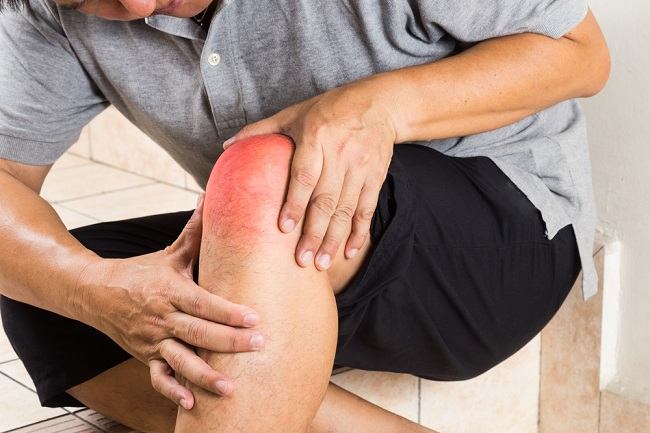Guillain-Barré syndrome (GBS) is a very rare autoimmune disease. This syndrome can also be experienced by children and causes paralysis. Therefore, the sooner the child gets treatment, the sooner his condition can improve.
GBS or Guillain-Barré syndrome occurs when the immune system is compromised and attacks the nerves that control body movement. The exact cause of GBS is not known, but it is suspected that this syndrome is triggered by a viral or bacterial infection.

Early Detection of GBS in Children
GBS can be experienced by anyone, including children. Children with this syndrome will look weak, have difficulty swallowing and speak, have digestive and vision problems, and are fussy due to pain in several parts of their body, such as the hands, feet, and spine.
If not treated immediately, Guillain-Barré syndrome can cause paralysis in various parts of the body's muscles or even death. Therefore, it is very important to do an examination as a step for early detection of GBS in children.
To diagnose GBS, the doctor will perform a physical and supporting examination, such as:
- Blood tests and urine tests, to detect the presence of the virus or bacteria that causes Guillain-Barré syndrome
- Lumbar puncture, to check cerebrospinal fluid
- Electromyogram (EMG), to detect nerve abnormalities in muscles
Handling GBS in Children
So far, no treatment has been found that can cure Guillain-Barré syndrome. The key to managing GBS medically is to detect the disease as early as possible.
This condition usually gets better, but can be life-threatening if not treated immediately. Intensive care and close monitoring of medical personnel are needed to treat children with GBS.
The purpose of care and treatment is to prevent respiratory disorders in children with GBS. This is because one of the most worrying complications of GBS is paralysis of the respiratory muscles, making the sufferer unable to breathe.
Medication is also used to control pain and other conditions that can arise.
There are several things that doctors will consider before treating children with GBS, including:
- Child's age
- Overall health condition of the child
- History of illness
- Child's tolerance for certain drugs, procedures, or therapies
- Expectations for the treatment
After considering various things, the doctor will take steps to carry out treatment. There are two types of treatment that can be performed on children with Guillain-Barré syndrome, namely:
Exchange of blood plasma (plasmapheresis)
Through this treatment method, blood plasma will be removed and separated from blood cells and then replaced with other fluids. Antibodies will also be released along with blood plasma.
This procedure can reduce inflammation that can damage nerves, so it is hoped that the symptoms of GBS will improve.
Immunoglobulin therapy
Immunoglobulins containing healthy antibodies from blood donors are given by injection into a vein. High-dose immunoglobulin is able to inhibit the work of antibodies that damage nerves and cause GBS.
Some children with GBS may need a wheelchair or walking aid until they are strong enough to carry on with their normal activities. In addition, children also need physiotherapy after completing treatment at the hospital to help the recovery period and improve body movements.
If your child has GBS, extra patience is needed in caring for him. Help your child to go through the recovery period, always entertain him, and follow the doctor's advice so that the recovery process can run smoothly.
Although GBS is a serious disease, as many as 85 percent of people with this syndrome can recover within 6-12 months. After recovering, the majority of GBS sufferers are able to return to normal activities.
If there are complaints in children that point to GBS (Guillain-Barré syndrome), do not delay to take him to the doctor. The earlier GBS is detected and treated, the higher the chance for your child to recover and avoid dangerous complications.









